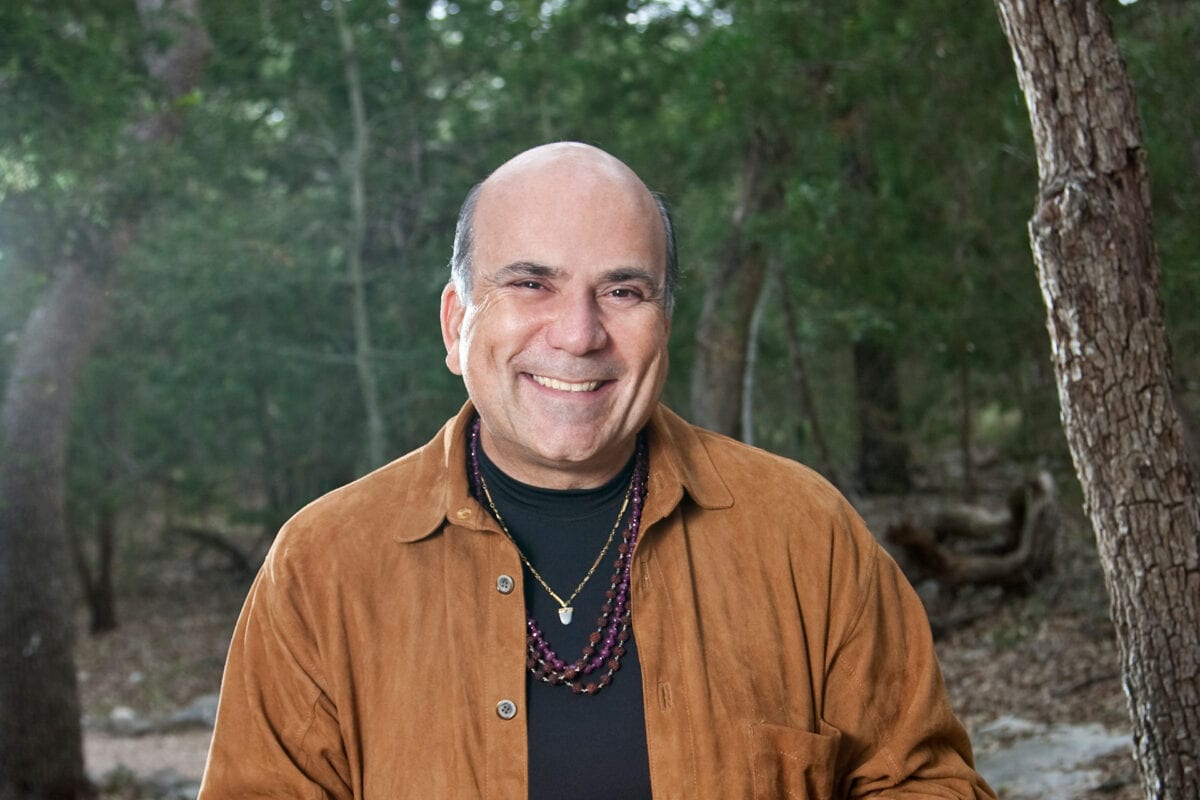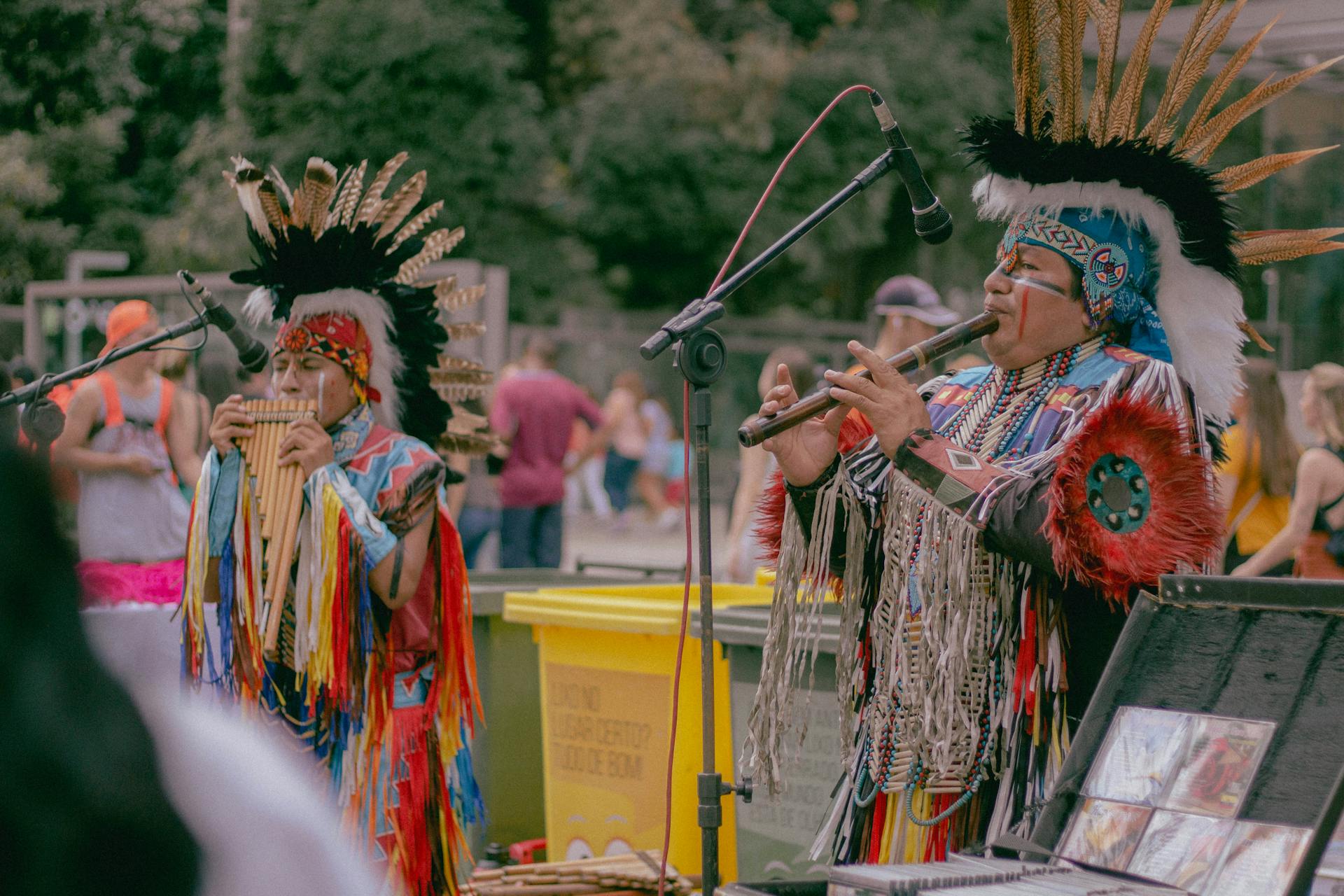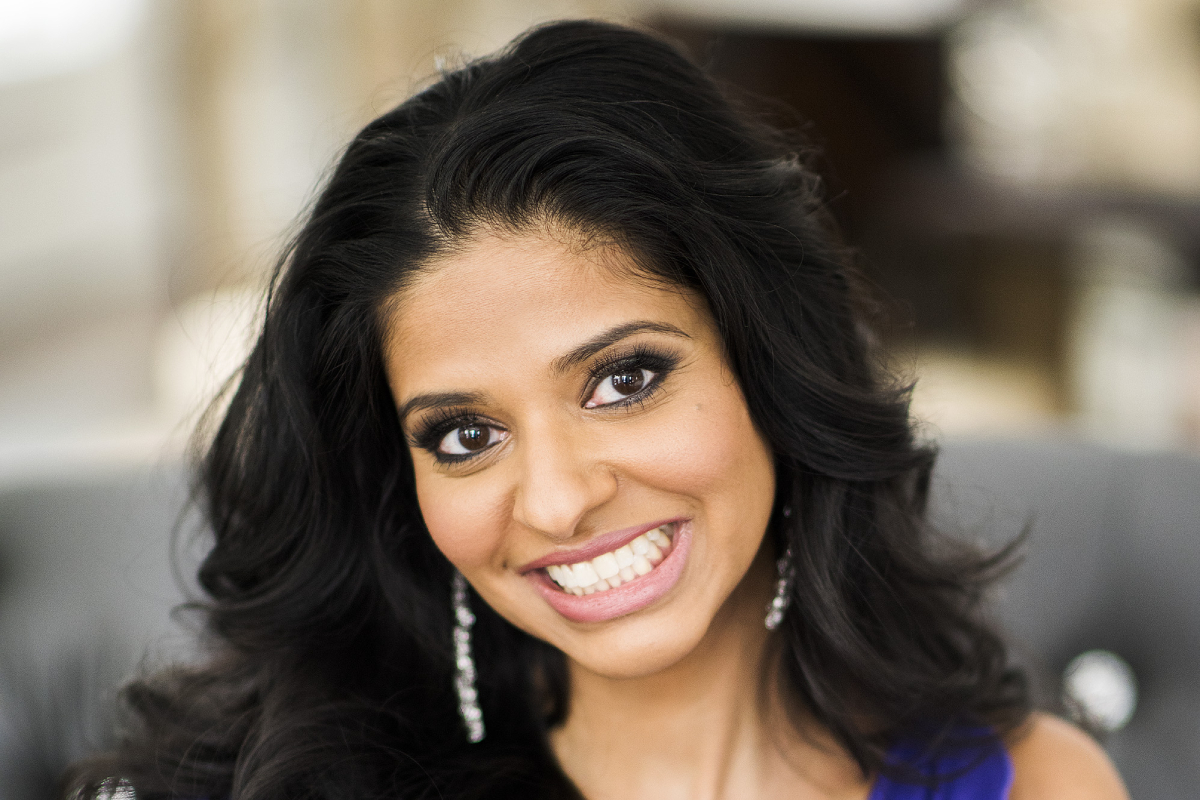Meghan McPeak’s passion for basketball and broadcasting started at a young age. It continued during her time at Humber College in Canada, where she studied journalism and played the game. Even though she did not play professionally, she now uses her experiences and skills to cover numerous NBA games.
As a two-time NBA history-maker, Meghan was the first female play-by-play broadcaster to call an NBA game for over three decades. During women’s history month, she also served as a play-by-play broadcaster for the NBA’s first all-female broadcast on TSN. In addition, she called more than 20 NBA games, including women’s and men’s basketball, for the 2021 Tokyo Olympic games.
McPeak has been in the spotlight on many occasions, having received a nomination as Best Colour Analyst by the Canadian Screen Awards, and being named one of Sports Illustrated‘s 100 Most Influential Women in Sports. As her career thrived, she became a recent contributor on North Courts on CBC Sports and joined The Bring It In, a show with Morgan Campbell.
These days, the confident and vibrant Canadian native is busy perfecting her craft as a play-by-play broadcaster in Washington, D.C., and credits hard work for her successes. We caught up with Meghan amid her hectic schedule, and she shared her story of perseverance, resilience, and authenticity.
You made history in 2018 and 2021 as the first woman to hold two significant accomplishments in the NBA establishment. How have these experiences impacted you personally and professionally?
Every day, I am channelling my passion. I am very grateful for all the accomplishments up to this point in my career. I am also grateful to those who have been instrumental in helping me, big or small. My successes are stepping stones and chapters in my journey to more extraordinary things. One of the goals I set for myself over the years is to stay focused on my main priorities, but I am consistently putting in a lot of hard work; without the constant grind, I wouldn’t have reached this far today.
As a play-by-play broadcaster for a WNBA team, was this part of your dream while growing up in Hamilton, Canada, and did you ever anticipate this high achievement?
I only do play-by-play for one WNBA team — Washington Mystics — but during this season, I had the opportunity to work with CBS in two instances covering two other WNBA games. I have always loved the game and dreamt of playing professionally. Still, it was not in the cards, so I transitioned my education and experience into my broadcasting career. I did not immediately foresee this achievement level, but life can throw you a straight or a curve ball at any time.
How has your previous experience as a basketball player and as a journalist contributed to your current roles?
I took radio broadcasting while at Humber College in Toronto, and during my time there, I would also join the broadcast on the men’s basketball game after playing in my game. From there, I continued pursuing my broadcasting career following graduation. Then, I joined CFMU [the campus radio station] at McMaster University in Hamilton, and that opportunity equipped me to take significant steps in my career.
Being a former player allowed me to create a unique style on how I call games because I have a keen eye for accessing a game. It also gives me the confidence to step into these rooms and engage in conversations that may be considered uncomfortable for others.
The sports world continues to struggle with diversity and inclusion. Have you ever dealt with gender biases or the glass ceiling, and how do you navigate the situation?
Being a woman in sports, we sometimes face different and often complicated situations. I have always relied on my ability to do my job at the highest level, regardless of the circumstances. I also tend to lean a lot more on my support system when things may become burdensome or overwhelming. I see it more on social media than in person, but those incidents continue to happen all around us, every day; I handle it like I would if I were playing, which is to let my game speak for itself.
When were you convinced that your commitment to sports was right for you, and what are some key factors that continue to keep you motivated?
Ultimately, the people in positions of power hired me because they saw that my background and experience aligned with the job requirements. But on the other hand, I love the game — I love sports, so it’s not difficult for me to stay motivated or continue to push myself to keep scaling up in this industry.
Considering that the de facto centre stage of professional basketball is in the U.S., were there particular challenges for you — as a female and a Canadian — to get a secure footing in the industry?
I wouldn’t say I had direct challenges getting to the U.S. as a female or Canadian. However, since I began in this industry, I have continued to do the work like an athlete. So, when the position with Monumental Sports & Entertainment was open, I had already built a solid career in the industry. They were as eager to hire me for the job as I was eager to join their organization. MSE is the ownership group of the Washington Mystics (WNBA), Washington Wizards (NBA), and Capital City Go-Go (NBA G League) on the basketball side.
You’ve consistently displayed specific respect toward your on-air analyst in the post-game comments. Is there any sensitivity regarding fair play, or is it par for the course in your profession?
As a play-by-play broadcaster, an essential part of my responsibility is to lean on my colour analyst and align with them to showcase their knowledge and expertise in the game. Without that dynamic of having and displaying respect for each other and collaborating as team players, it doesn’t work great and isn’t an entertaining broadcast for our viewers and fans. So, I steer the ship and ensure that I put my analyst in a position to excel.
What are your thoughts on athlete culture and social justice within the NBA organization, especially over the last three to four years?
Athletes are humans and are entitled to publicly share their experiences and voice their concerns to bring awareness to some of the issues they frequently encounter. But, at the end of the day, when the jerseys come off, and they step outside the arena, [many] are Black men and Black women. They face the same risks being outside in stores and public places and the same risks “driving while Black” as every other Black person in the U.S. or Canada sometimes faces; the jersey doesn’t stop stereotyping and racial profiling. So, for these reasons, they must use their platforms to support others and the greater good.
You credit social media with helping you build relationships and garner support from other women in the same field. How effective are these support systems? Is there anyone specific that you wish to mention?
I love social media because it is one tool that helps people to connect with others, which they otherwise wouldn’t be able to unless they were in the same public setting (for example, at work, at a sporting event, etc.) The connections I made and people I met within the sports and broadcasting industry have become some of my closest friends and some I consider family. These relationships have consistently helped me, especially when making tough choices, whether professionally or personally.
As a millennial, you’ve become an influential role model for many ambitious sportscasters. What advice would you give to someone entering the field?
My advice to the next generation is to be true to themselves because it lets them be authentic. At no point should you overinflate your abilities or lie to yourself to make an impression. The combination of perseverance and hard work is also essential to achieving your long-term goals. If a career in broadcasting is what you want, you must have the mindset and the burning desire to work towards that goal.
But, of course, with the constant changes happening in the world, there are many more opportunities for you to reach your personal and professional goals. There will be many failures, challenging and tough times, but any obstacle put in front of you will be nothing you cannot overcome.
Your striking outfits are among your remarkable characteristics. Does that indicate that you might have pursued fashion design as a side hustle?
I take zero credit for my outfits; I usually get help and wardrobe suggestions from friends when [I’m choosing] clothes for games or deciding what I should wear for different occasions. I’ve never considered delving into fashion, so there is zero chance I will become a fashion designer.
In 2019, you produced and created a mini-series, Inside the Line, and a documentary, No Mercy: The Pops Mensah Bonsu Journey. Are there other upcoming productions or movie roles in the pipeline?
Maybe one day, I may consider producing other documentaries or mini-series, but I love what I’m doing now!
Can you elaborate on one of your most memorable sports moments and career highlights?
Being part of two championship teams is pretty high on the record, with the Raptors 905 (Toronto Raptors NBA G League affiliate) and the Washington Mystics. I am cherishing these superb opportunities as part of my ongoing career highlights.
What are some of your favourite activities outside work, and how do they help balance your career?
I am still working to figure out the work–life balance, so I will send a follow-up when I know! [Laughs.] Whenever I have downtime, I use it to spend more time with friends. Since I live in Washington, D.C., I’m away from family, so I maintain a strong relationship with a close group of friends around me to fill the void of missing my family back in Hamilton. Thankfully, there is technology, so that helps!
You were recently quoted as saying: “As a woman of colour, I am more afraid of being stopped by a cop with a gun than being followed by a man on the street at night.” Did a personal event or experience elicit that comment?
As I mentioned earlier, whether you are an athlete or not, it’s no different for me; I wear a headset and not a jersey. However, over the last few years, there has been an evident and ongoing struggle for people in marginalized and Black communities to feel and be safe.
Unfortunately, we have also witnessed countless Black men and women lose their lives senselessly at the hands of the police; I sometimes fear that I could be another hashtag or the next breaking news story.//
Jennifer M. Williams | Editor-In-Chief



















